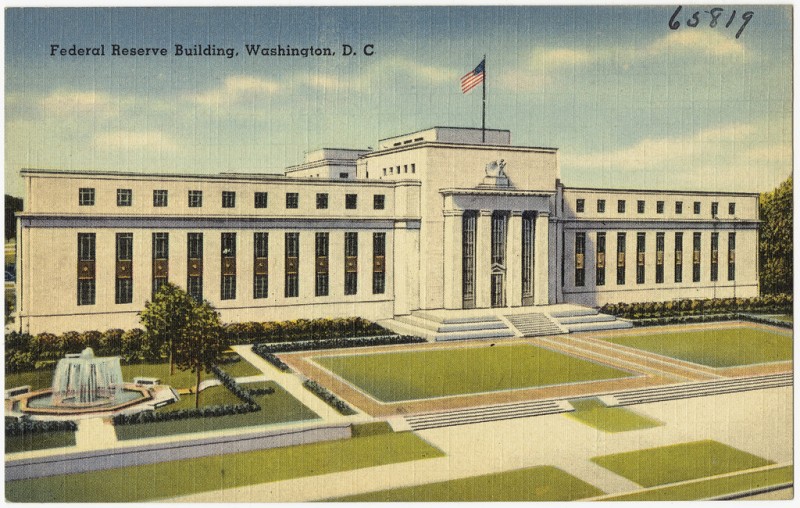Popular Posts
If you’ve been paying attention to the financial news, even in passing, you’ve probably heard a lot of chatter about the Federal Reserve, aka, “the Fed.”
Your understanding of the role of our central bank in your finances might not be deep, and that’s okay. But a little more understanding wouldn’t hurt.
Here’s the simple version. You don’t need to worry about the Fed at all.
Why? Think back about five years. Do you recall what the Federal Reserve was doing or not doing in that time frame? Ten years?

You shouldn’t remember. If you do, you probably are an economist or, possibly, a full-time stock trader.
The rest of us have no idea and with good reason. What the Fed does in the short term doesn’t matter at all to the long term of our investing lives.
By now you’re probably wondering why the media pays so much attention to the Fed. There are two answers: It’s their job, and because of interest rates.
The media’s job is to fill the pages of newspapers, our smartphones and computer screens and the airwaves with current information. The actions of the Federal Reserve is in fact news.
It’s news to big banks and institutional investors. It’s news to global bond markets. It’s news to lenders of all types and, to a degree, it’s news to consumer borrowers.
You fall into that last category, but even so the decisions of the Federal Reserve don’t matter. What matters to you, really, is the interest rate.
Interest rates affect how much you pay to borrow money, for housing, for a car, on your credit cards and so on. They don’t change quickly and, when they do, that’s only one factor affecting your ability to borrow.
Your credit history matters a lot. So does the amount and purpose of the loan and what collateral you have to offer.
But now we’re pretty far removed from your investments. So why do professional investors fixate on the Fed?
For them, a small change in the interest rate is a big deal. Often, those folks are managing billions of dollars of other people’s money. They’ve taken decisions in the past that presume a certain borrowing cost.
In some cases, they’ve leveraged investments, or they’ve taken risks they now regret. A small change in borrowing costs can have big ripple effects on their portfolios.
A prudently invested retirement saver has no such concerns. If interest rates begin to rise, they will do so steadily. All that really means is that bonds will pay more interest.
That’s a good thing, all in all. If you’re invested appropriately in the bond market, a move toward higher rates signals steadier income and less dependence on rising stock prices.
If you’re invested inappropriately, well, your bond holdings can drop in value. But that’s not the typical long-term retirement investor, particularly one that is diversified and rebalances regularly.
So feel free to ignore the news about the Fed and its latest action or inaction. All things being equal, don’t worry about the Fed. You won’t care in five years, and you shouldn’t care now.